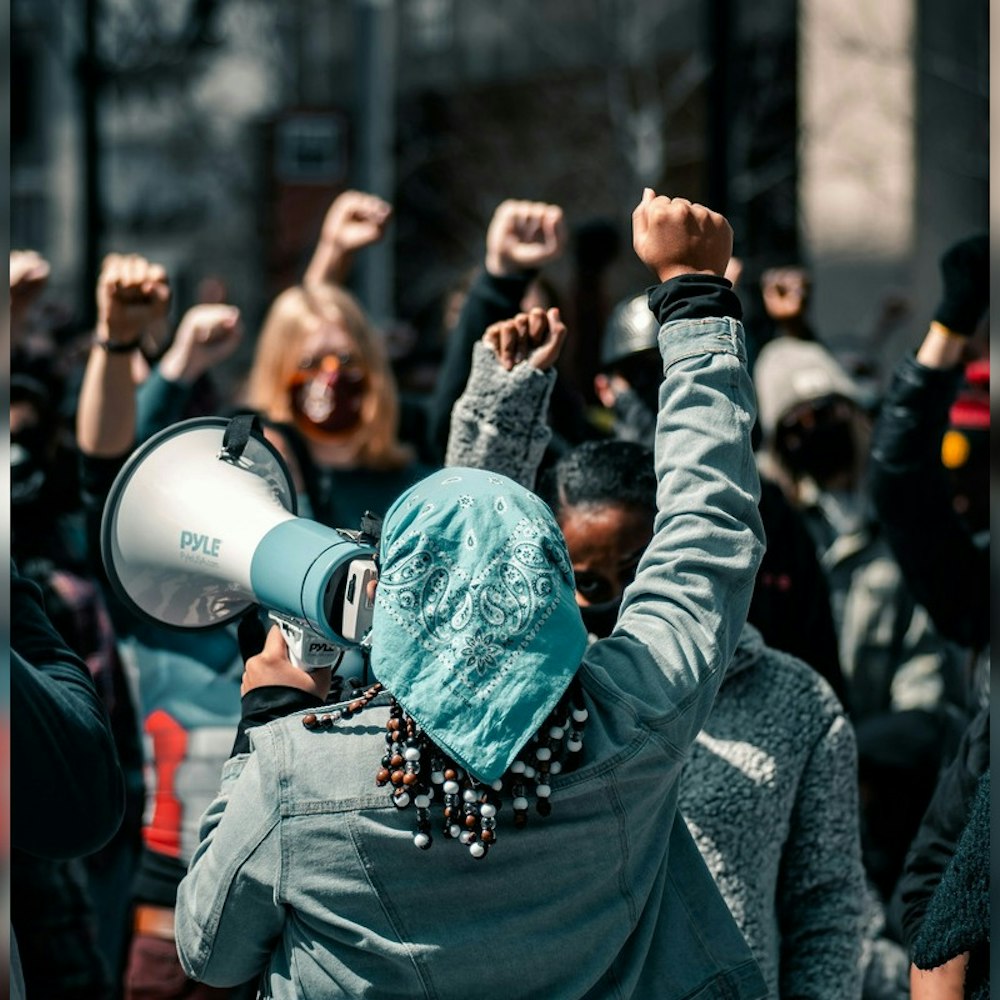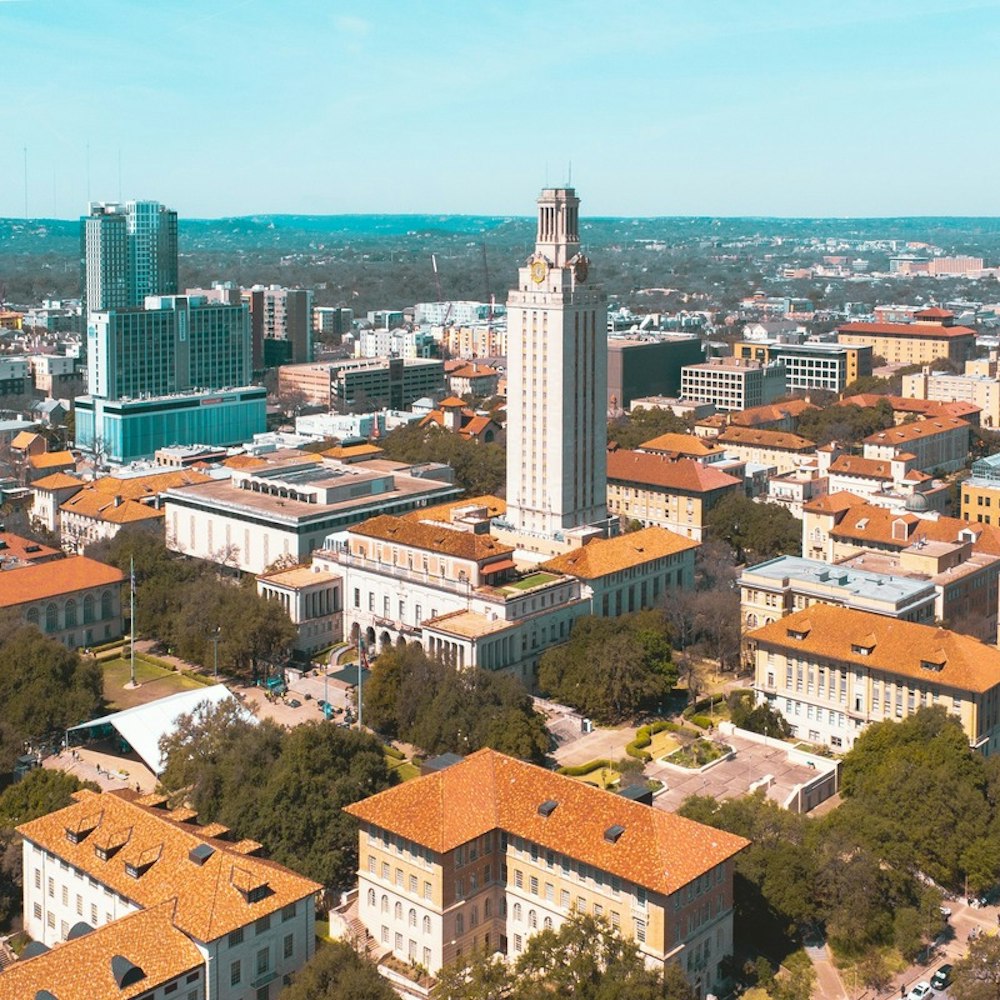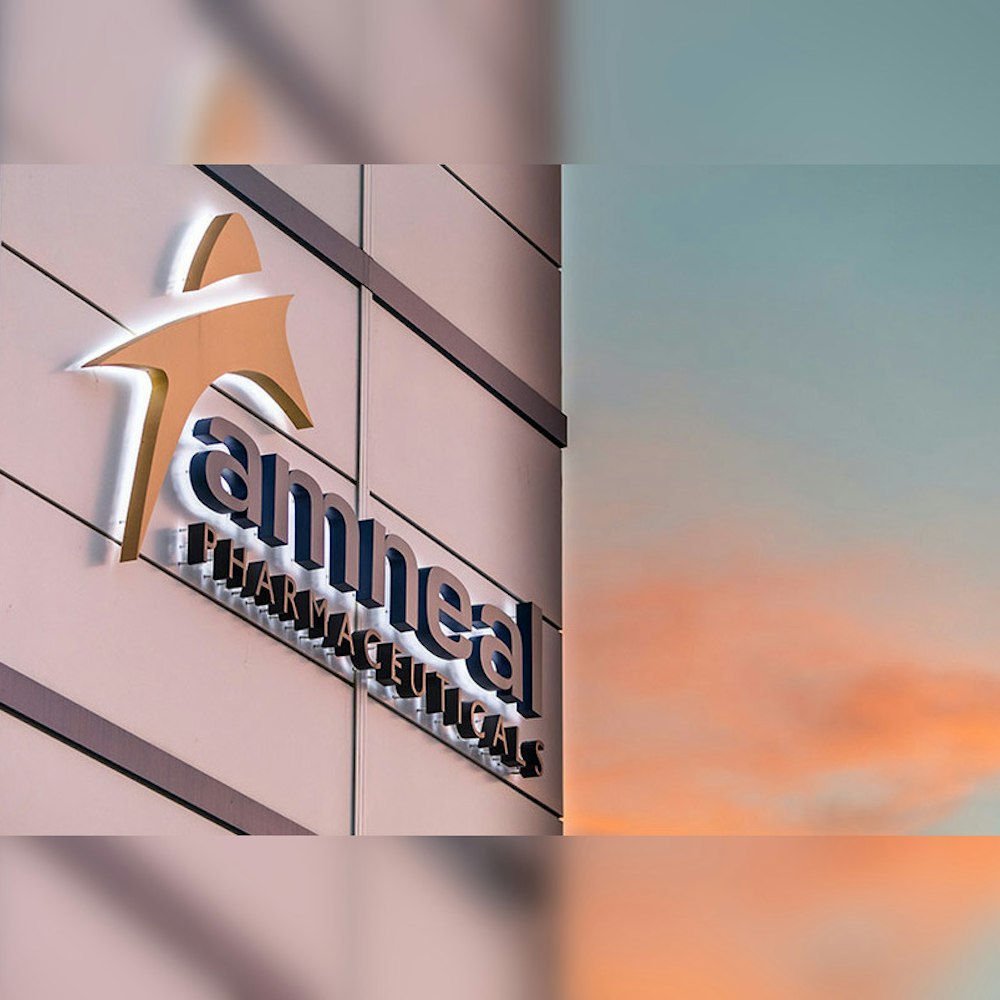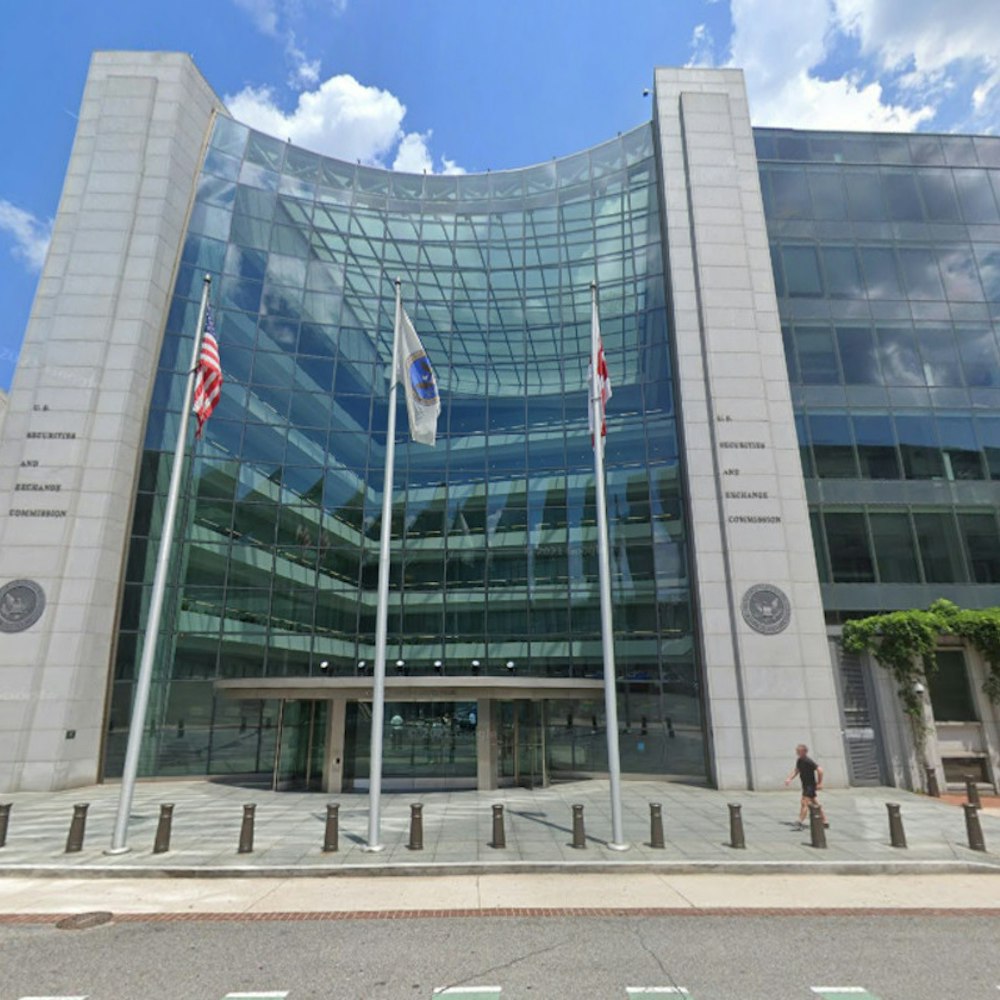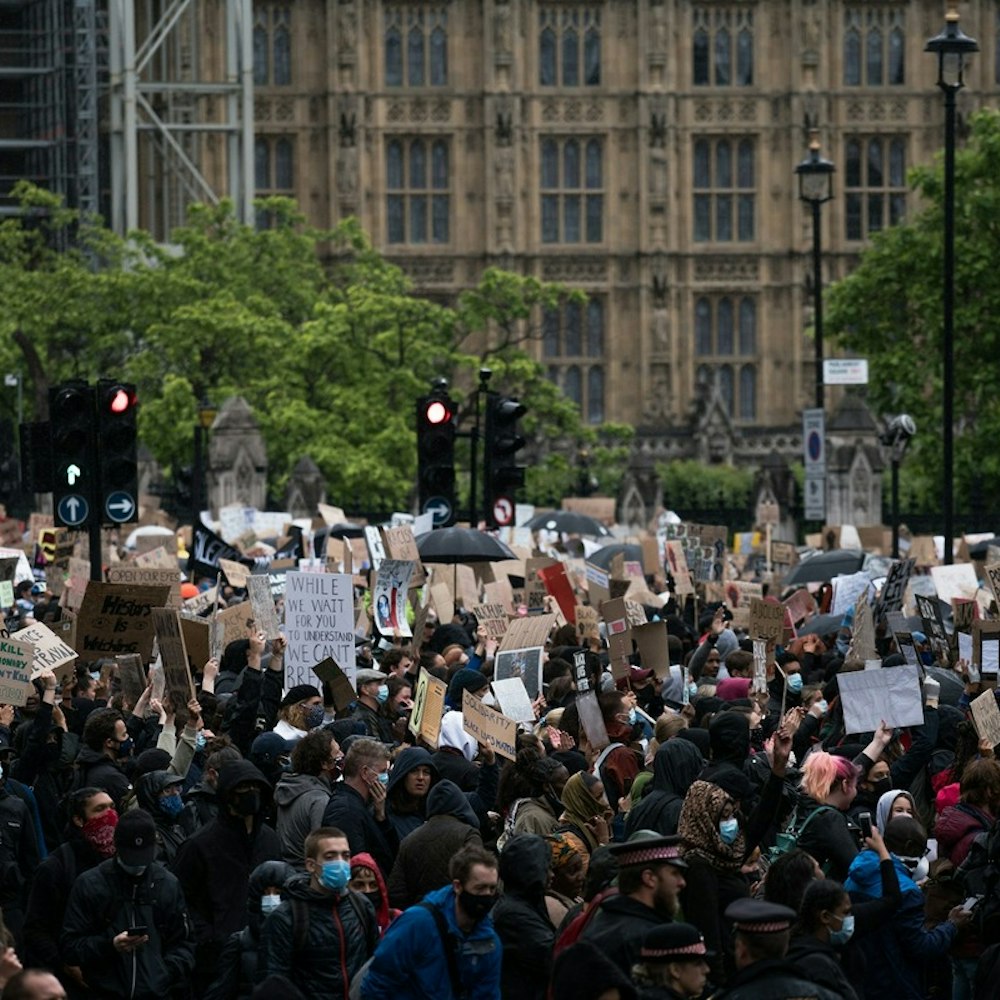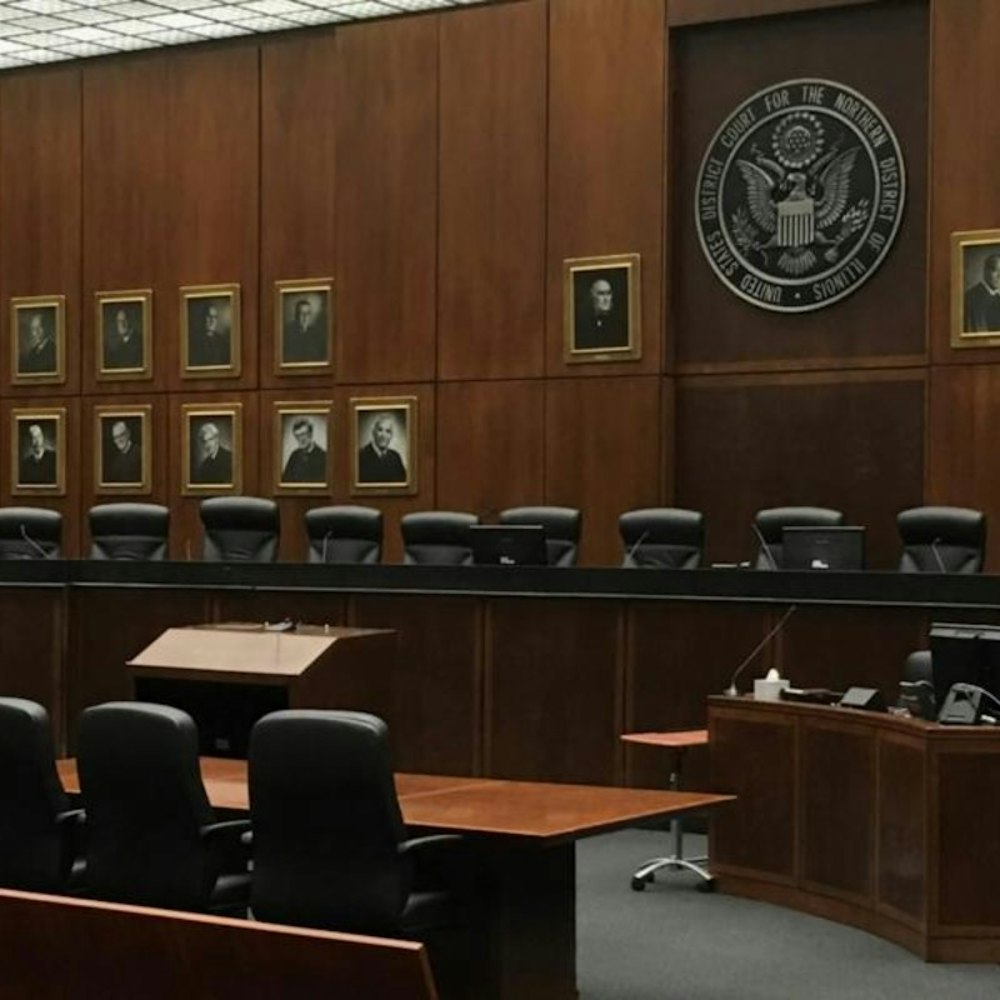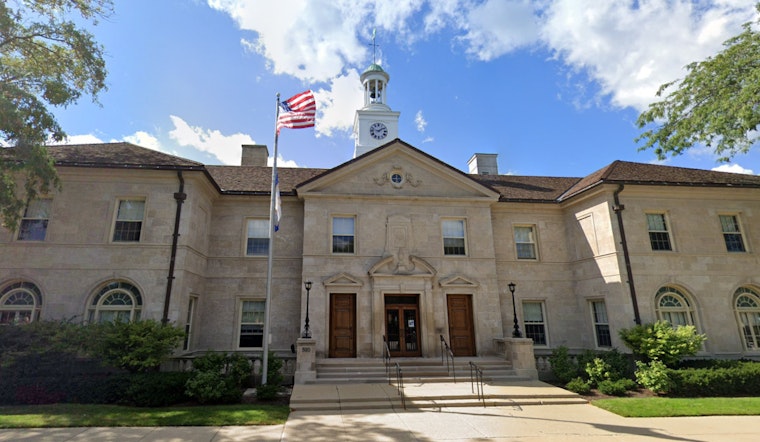
Winnetka Village's latest move to tighten the reins on beachfront development is drawing lines in the sand amid escalating tensions over the changing face of its lakefront properties. The Village Council, after a unanimous vote on Dec. 19, passed an ordinance now requiring a special-use permit for lot consolidations, setting off a wave of reactions from the community. The regulation, as highlighted by the Chicago Tribune, kicks in when a proposed new lot is at least two times greater than the area's specified minimum size or width, with criteria varying by zoning district.
The measure is a direct response to the uproar sparked by Justin Ishbia's consolidation of four lots totaling 3.7 acres for a mega-mansion by the lake—a move that many residents feared would alter the neighborhood's character and escalate barriers to lakefront access. Although Village President Chris Rintz, who missed the Dec. 19 meeting, had previously outlined the ordinance as a preventive approach to large-scale homesteading, not all locals are convinced this is the most creative solution. "There’s got to be a different way to handle it," lakefront homeowner John Edwardson criticized, according to the Chicago Tribune, challenging the Council to think outside the box rather than entangling all lakefront owners in strict regulations over one property owner's actions.
On the environmental front, Winnetka trustees are considering additional safeguards for the village's bluff regions. This includes adopting measures akin to those enforced by the Village of Glencoe which limit construction near steep slopes. As per The Record Northshore, the potential ordinance will target projects that could impact the stability of these sensitive areas. Winnetka resident Cynthia Hara expressed trust in the council to respect the lakefront property owners, "Those of us who do live on the lake, we respect it, we take care of it, we are its caretaker ..." Hara told The Record Northshore.
While the council navigates these choppy waters of beachfront development, it is also grappling with the task of pinpointing lot boundaries and bluff definitions—challenges further complicated by the shifting sands of the water's edge. There's talk of adopting the Army Corps of Engineers Ordinary High Water Mark to circumvent these morphing boundaries, which could redefine developmental parameters and consequently, protect the treasured bluffs, which, as per current rules would brand 79% of structures on Winnetka's lakefront homes as "legally non-conforming".
The debate is far from over, with a public hearing on the steep slope regulation scheduled for Jan. 9, promising continued scrutiny over this binder's balance of individual property rights, community character, and environmental stewardship. As the council deliberates, Winnetka residents remain perched on the edge of a regulatory cliff, watching the fate of their beloved lakefront.

